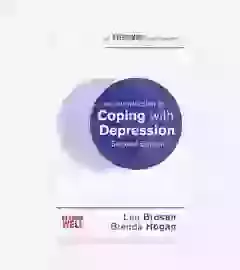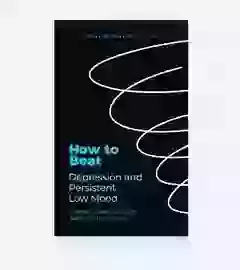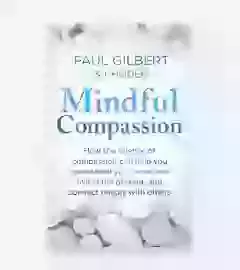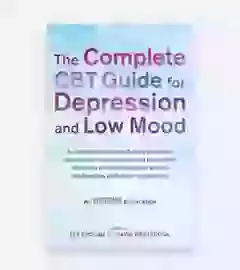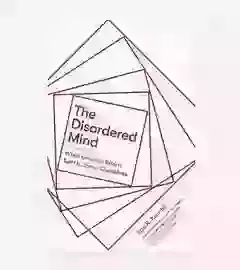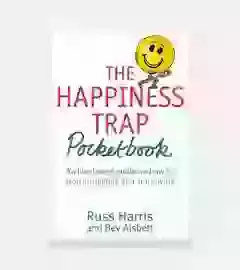What do we mean by Depression?
Depression is a condition characterized by low mood. It affects a significant number of people at some time during their lives (somewhere between 5 and 25 percent of people are at risk), and three times as many women as men are likely to be sufferers.
Depression manifests itself in a number of different ways, affecting not only how we feel, but how we think about things, our energy levels, memory, concentration and ability to sleep, and even our appetite for sex.
Some of the ways we are affected by depression can be classified under the following headings:
- Motivation: Depression can lead to apathy, loss of energy, a feeling that everything we do is pointless.
- Emotion: As well as the characteristic low mood (anhedonia – the loss of capacity to experience pleasure), depression can also result in an increase in negative emotions, such as anger, resentment, irritability, anxiety and fear.
- Thinking: Depression can affect concentration and the ability to remember; it can also adversely affect the way that sufferers think about themselves, the future and the world in general.
- Behaviour: People with depression often withdraw themselves from their social world, preferring instead to hide away; they may also experience strong feelings of being trapped, of wanting to do something but not knowing what.
- Physiology: The anxieties that are part of depression can bring about direct physiological changes, as a result of the production of the hormone cortisol; at the same time, the physical symptoms of depression such as lack of sleep can have secondary effects on both mind and body.



